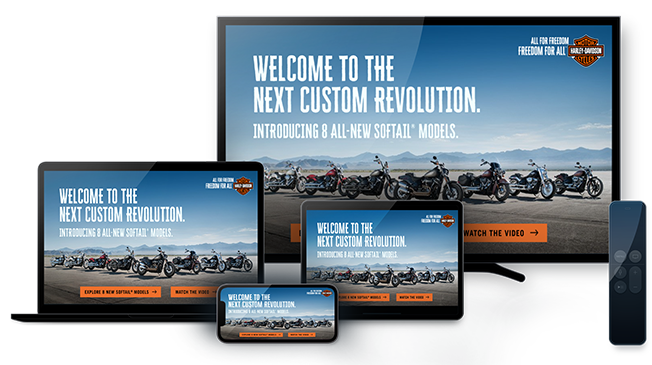Disability, Inclusion, and Bringing Your Whole Self to Work
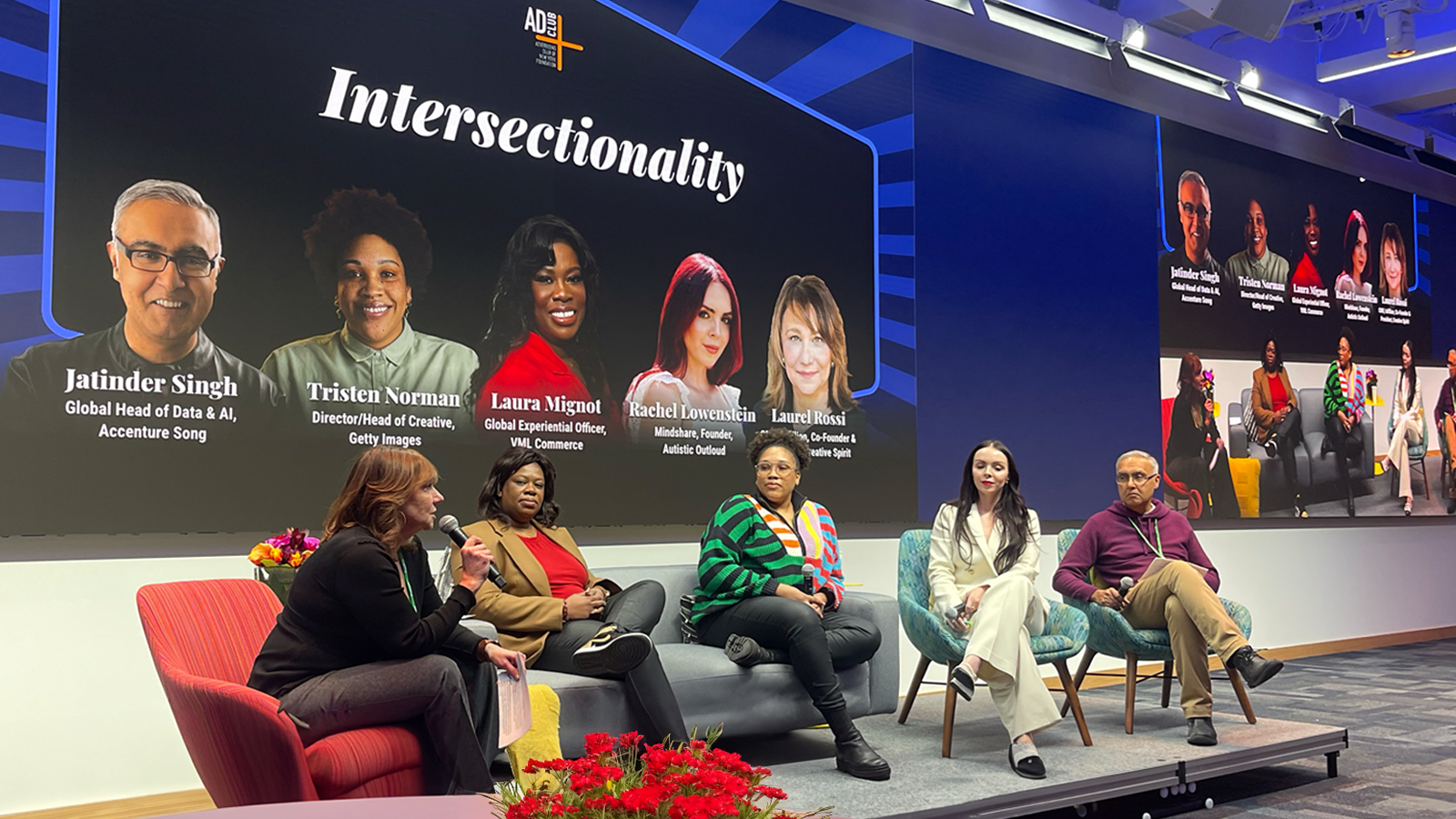
Inclusivity for people with disabilities isn’t just a nice gesture: it’s good business. According to research from Accenture, a company that takes a leading role in key inclusion criteria for employees with disabilities brings in 2.6 times more net income and twice as much economic profit than one that doesn’t. Yet Accenture research has also found that 76% of employees with disabilities do not fully disclose those disabilities at work, indicating that there is still a considerable sense of stigma or fear of retaliation.
“We need to make the organizational and cultural changes. We are collectively responsible for making that happen,” said Jatinder Singh, Accenture Song’s global head of data and AI and board member of workplace disability inclusion nonprofit Creative Spirit, in a panel this month at the Advertising Club of New York’s annual women’s masterclass event.
Infillion CMO and Creative Spirit co-founder Laurel Rossi moderated this panel, where in addition to Singh she was joined by Rachel Lowenstein, founder of Autistic Out Loud and Global Head of Inclusive Innovation at Mindshare; Tristen Norman, Director of Creative at Getty Images; and Laura Mignott, Global Chief Experiential Officer at VML Commerce.
From employees to whole humans.
Lowenstein and Mignott both identify as disabled; Lowenstein is autistic and Mignott has dyslexia. Both of them talked about the fears they faced disclosing their disabilities. Lowenstein spent years “masking” her autism, a phenomenon which she explained has “really damaging psychological effects” and left her in a place where “I didn’t have an identity that was fully my own” because she’d felt she had to be so performative to fit in within professional settings. Mignott explained that she struggles to read content on slides while giving presentations, but that she was afraid to explain that she was dyslexic so her colleagues always thought her insistence on memorizing presentations was “one of my kind of funky and weird quirks.”
But both Lowenstein and Mignott realized that by discussing their disabilities publicly at work, they could make others feel safer about disclosing their own – or even realizing that they had a disability in the first place, given the high levels of undiagnosed neurodivergence especially among underrepresented groups. “Not everyone knows that they are actually neurodiverse. They might think the challenges they’ve been having within the organization is that they’re just not ‘getting it,’” Mignott said.
“I’m a firm believer that we do our best work when we bring our whole selves to work,” Lowenstein said.
And beyond disability, feeling safe bringing that whole self to work – your entire constellation of stories and identities – makes the whole workplace better. Tristen Norman, who has taken a leadership role in multiple Getty Images initiatives to increase representation of people from historically marginalized groups in the company’s imagery and stock photography, discussed her story as an Afro-Latina and her openness about her identity at work. “It’s because I have shared so much of myself that people feel a lot more comfortable sharing themselves with me, so that I can help lift them up and help them be successful. The moment that you’re vulnerable, other people want to be vulnerable back.”
How workplaces are effecting change for employees with disabilities.
So what can employers do to make sure employees with disabilities don’t just feel safe with their identities at work, but get the resources they need?
First, disclosure of disabilities shouldn’t be mandated – especially since when it comes to neurodivergence, many employees struggling with it may not even know they are neurodivergent or have a full diagnosis. “We don’t need to create a culture where people feel like they can disclose, we need to create a culture where people feel like they belong whether they disclose or not,” Lowenstein said. “If you create space for neurodivergent people to thrive, and people with disabilities to thrive, you will reap those rewards ten times over.”
Jatinder Singh talked about Accenture’s Accessibility Lab project, which now has facilities in 40 of its offices around the world where employees can go and request accommodations for any variety of disability, physical or neurodivergent. ““A colleague in Manila went and said, ‘I need something to help me do my work,’ and so that accommodation was made and out of that came the genesis [of Accessibility Lab],” Singh explained. The program was formally created, he said, because “if there’s one person out of a 700,000-person organization asking for help, there must be more.”
But at the same time, Singh explained, Accessibility Lab is “open to everyone, you don’t have to disclose, it’s very confidential.”
Rachel Lowenstein talked about how Mindshare’s parent company WPP is launching a training program for neurodiverse leadership. “Accessible workplaces broadly affect and support everybody,” she said.
And Laura Mignott touched upon a particular priority for the advertising industry, known for its frequent M&A and consolidations – which she knows well, given VML’s recent merger and rebrand. “Having empathetic leadership as things change” is key, she said. In the midst of extensive corporate transition, disabled and neurodivergent employees may wonder, “What happens to me? What happens to our [employee resource groups]?” What’s important is that “no matter where you are across the agency you’re still being listened to and heard.”
But this doesn’t have to be an overly intricate process, Mignott explained.
“Just include people! This is not complicated. Inclusivity means including more people,” she said. “When you think about anything that has been designed for inclusivity, it actually helps everybody, so start there.”
Subscribe to our blog:
Related Posts:
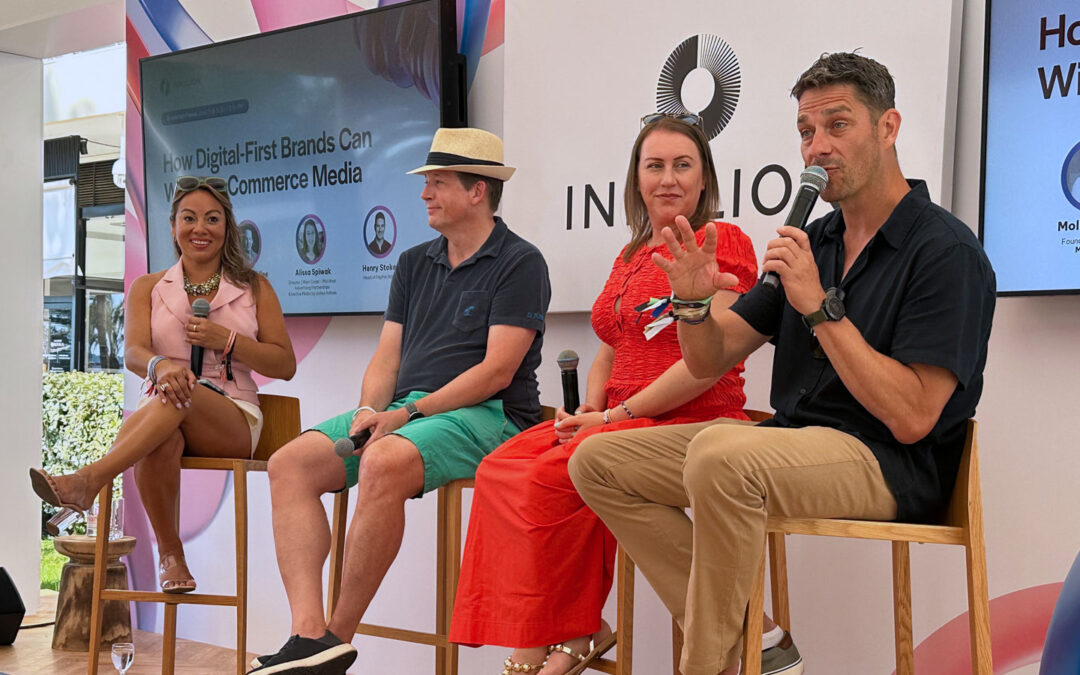
The Consumer-First Approach To Commerce Media Network Success
Your airline is an ad platform now – and so is your bank. Commerce media networks are one of the most interesting areas of growth in advertising, and at Cannes Lions, plenty of them were onsite to talk about it. That’s a conversation that we explored at the Infillion...
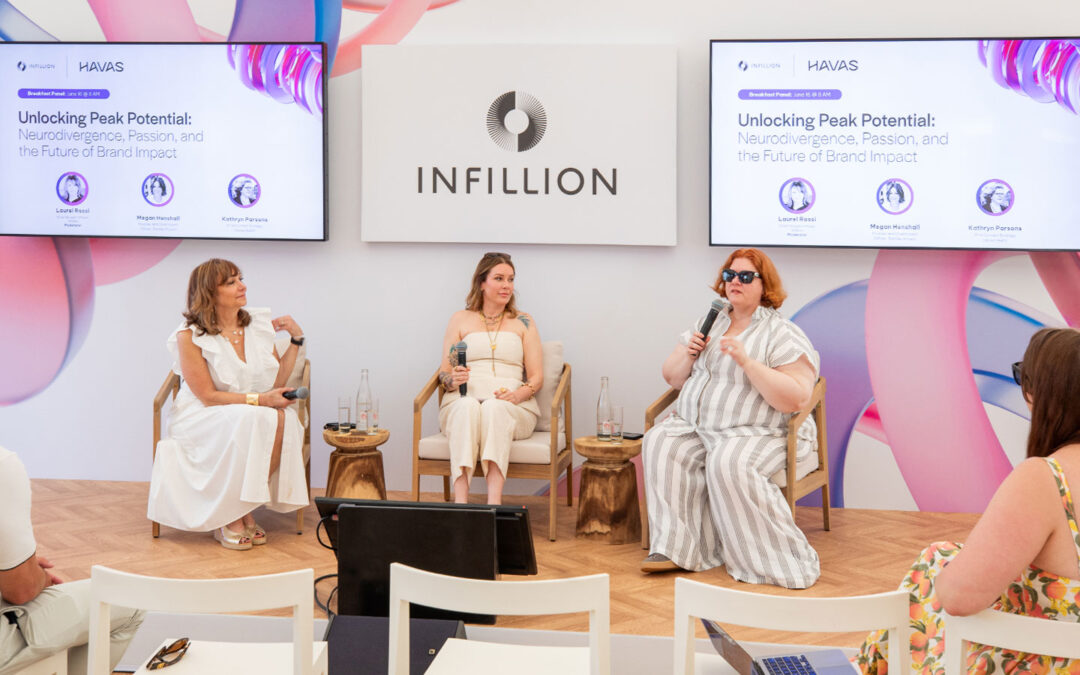
Why Neurodiversity Will Lead The Way In The AI Era
One in five employees today identifies as neurodivergent – as having autism, ADHD, dyslexia, or other cognitive variations – and that’s only going to grow. According to research from ZenBusiness, fully half of Gen-Z identifies with neurodivergence on some level....
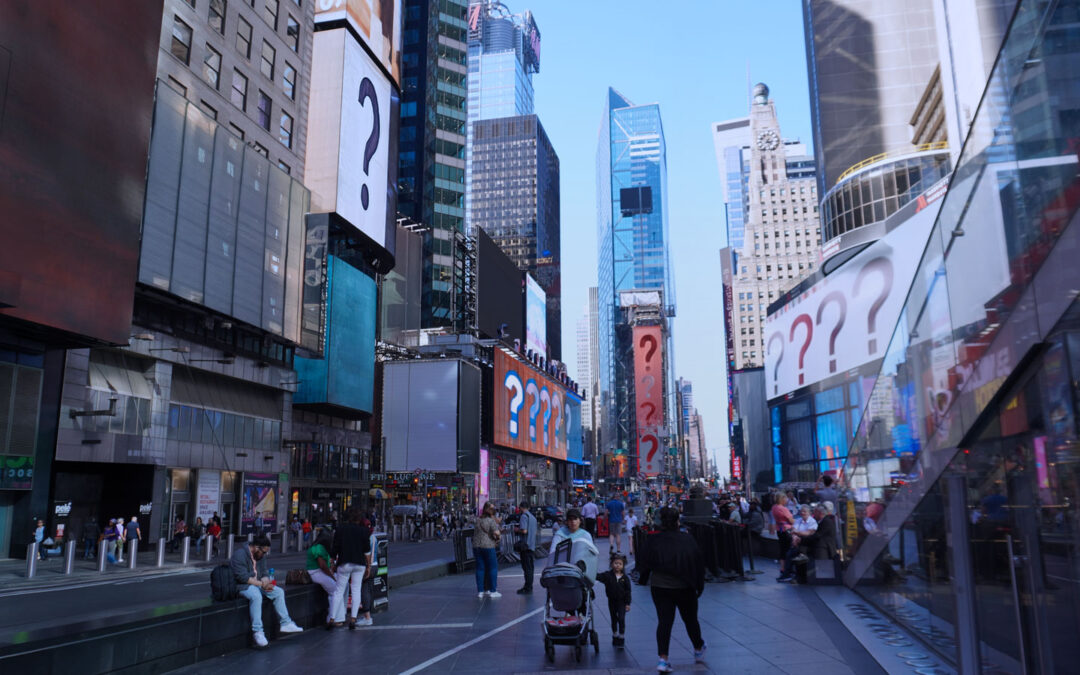
How Brands Can Win In Times Of Uncertainty
The 2020s have been defined by relentless uncertainty across every industry. For brands and advertisers, it’s been one curveball after another - with the pandemic, AI, and inflation rapidly altering consumer behavior and shifting goal posts. As 2025 reaches its...
Let's Connect
